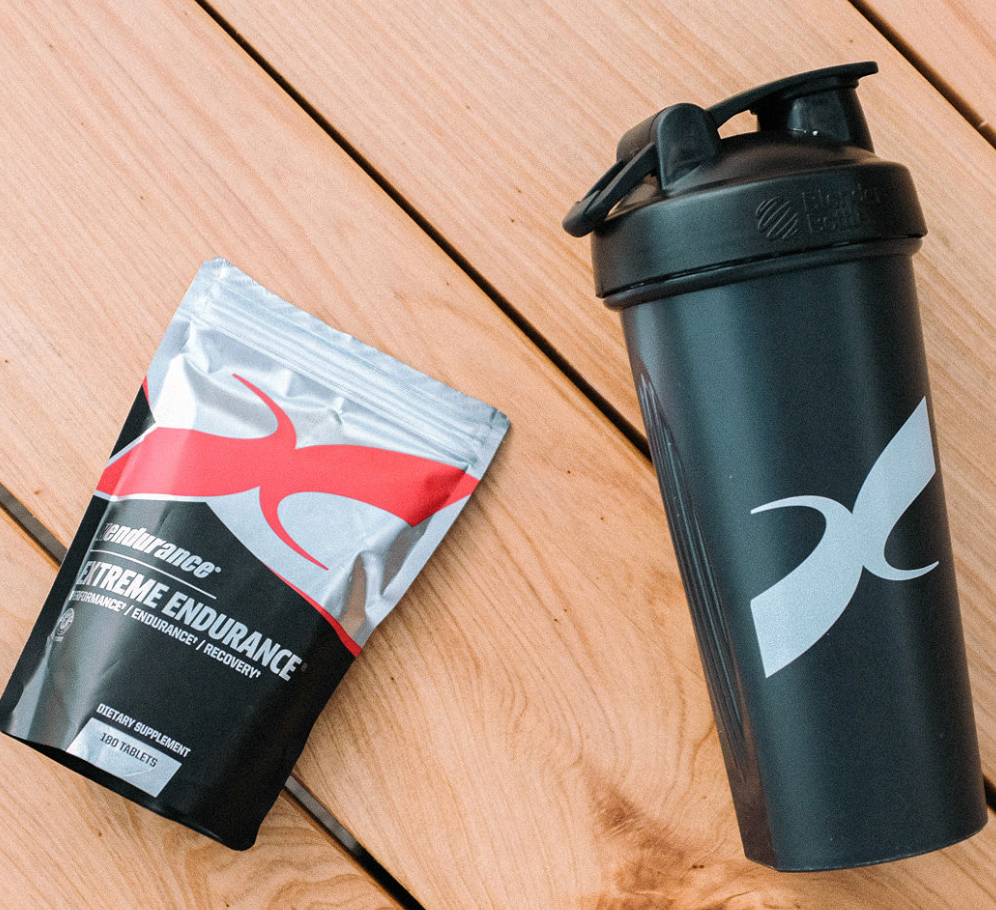The intricate relationship between mental health and hormonal balance is a growing area of scientific exploration. Among these, the connection between depression and low testosterone levels in men has gained significant attention. Testosterone, a critical androgen hormone, plays an essential role in physical, emotional, and psychological well-being. This article delves into the science linking depression and low testosterone, explores whether women can be affected, and discusses symptoms, diagnostic methods, and treatment strategies.
Understanding Testosterone and Its Role
Testosterone is primarily produced in the testes in men and, to a lesser extent, in the ovaries and adrenal glands in women. It governs numerous physiological processes, including muscle mass development, bone density maintenance, libido, and mood regulation.
Studies show that testosterone has neuroprotective properties, influencing neurotransmitters like serotonin, dopamine, and gamma-aminobutyric acid (GABA), all of which are crucial for mood stability and mental health. Low testosterone levels, therefore, may disrupt these pathways, potentially leading to depressive symptoms.
Depression and Low Testosterone: The Science
A growing body of research highlights the bidirectional relationship between depression and low testosterone levels in men:
- Hormonal Influence on Neurotransmitters Low testosterone has been linked to decreased serotonin production. A 2012 study published in Psychoneuroendocrinology found that men with hypogonadism (a condition characterized by low testosterone) exhibited higher rates of depression, likely due to serotonin dysregulation.
- Inflammation and Oxidative Stress Testosterone has anti-inflammatory properties. Reduced levels can lead to increased inflammation and oxidative stress, both of which have been implicated in the pathophysiology of depression. A 2016 study in Frontiers in Endocrinology found a significant correlation between low testosterone and markers of systemic inflammation in men with depressive symptoms.
- Energy and Fatigue Fatigue and lack of energy—common symptoms in depression—are also frequently reported in men with low testosterone. The overlap of these symptoms further supports the hormonal influence on mood disorders.
Symptoms of Low Testosterone and Depression
The symptoms of low testosterone often overlap with depressive symptoms, making it crucial to identify and address the underlying cause. Key symptoms include:
- Physical Symptoms
- Fatigue
- Decreased muscle mass
- Increased body fat
- Erectile dysfunction
- Reduced libido
- Psychological Symptoms
- Persistent sadness
- Loss of interest or pleasure in activities
- Cognitive impairment (difficulty concentrating, memory issues)
- Irritability
Can Low Testosterone Affect Women?
While testosterone levels in women are significantly lower than in men, this hormone still plays an essential role in their physical and mental health. Low testosterone in women can lead to:
- Decreased libido
- Fatigue
- Depression and mood swings
- Reduced muscle strength
A study published in The Journal of Clinical Endocrinology & Metabolism in 2014 highlighted that women with low testosterone reported higher levels of fatigue and depressive symptoms.
Diagnosing Low Testosterone
Diagnosing low testosterone involves a combination of clinical evaluation and laboratory testing. Common steps include:
- Symptom Assessment A thorough medical history and evaluation of symptoms are crucial. Questionnaires like the Androgen Deficiency in the Aging Male (ADAM) can help identify potential signs of low testosterone.
- Blood Tests
- Total Testosterone: Measures overall testosterone in the bloodstream.
- Free Testosterone: Assesses the biologically active testosterone.
- Sex Hormone-Binding Globulin (SHBG): Determines the amount of testosterone bound to proteins.
Normal testosterone levels in men range from 300 to 1,000 ng/dL. Levels below 300 ng/dL typically indicate low testosterone.
Addressing Low Testosterone to Mitigate Depression
Testosterone Replacement Therapy (TRT) is the most common treatment for men with low testosterone levels. Here’s how it may help:
- Improvement in Mood A meta-analysis published in JAMA Psychiatry in 2019 concluded that TRT significantly improved depressive symptoms in men with low testosterone, particularly those with major depressive disorder.
- Enhanced Energy Levels TRT has been shown to reduce fatigue, a common symptom of both depression and low testosterone. A study found that men undergoing TRT reported improved energy and vitality.
- Cognitive Function Cognitive decline, often seen in depression, may be alleviated with testosterone therapy. Research in The Journal of Neuroendocrinology demonstrated that TRT improved memory and executive function in hypogonadal men.
Alternatives to Testosterone Replacement Therapy (TRT): Key Ingredients in Testosterone Supplements
For individuals seeking an alternative to TRT, testosterone supplements may provide a natural, over-the-counter option to boost testosterone levels. These supplements often combine clinically researched ingredients, including:
- D-Aspartic Acid
- Stimulates luteinizing hormone (LH), which increases testosterone production.
-
A study in Reproductive Biology and Endocrinology found significant testosterone increases in men taking D-aspartic acid.
- Zinc
- Essential for testosterone production and overall hormonal health.
-
Research links zinc deficiency to reduced testosterone, with supplementation helping to restore levels.
- Vitamin D
- Known as the "sunshine vitamin," it is crucial for testosterone synthesis.
-
A randomized trial in Hormone and Metabolic Research showed increased testosterone in men supplemented with vitamin D.
- Fenugreek Extract
- Supports healthy testosterone levels and libido.
-
A study in Phytotherapy Research reported improved testosterone levels and sexual function in men taking fenugreek extract.
- Ashwagandha
- Reduces stress and improves testosterone by lowering cortisol levels.
-
A clinical trial in The American Journal of Men’s Health found significant testosterone increases in men using ashwagandha.
- Tesnor®
- A proprietary blend designed to optimize free testosterone, enhance muscle strength, and improve vitality.
-
Supported by studies showing improvements in hormonal balance, oxidative stress reduction, and energy metabolism.
These ingredients provide a scientifically backed foundation for boosting testosterone and supporting overall wellness.
Taking Testosterone: Other Forms and Guidelines
Testosterone therapy comes in various forms:
- Injectable Testosterone
- Administered every 1–4 weeks.
- Offers rapid symptom relief but may cause fluctuations in testosterone levels.
- Topical Gels and Creams
- Applied daily.
- Provides steady testosterone levels but requires careful application to avoid skin contact with others.
- Transdermal Patches
- Worn daily.
- Convenient but may cause skin irritation.
- Pellets
- Implanted under the skin and replaced every 3–6 months.
- Ensures consistent testosterone levels over time.
Risks and Monitoring
While TRT can be effective, it’s essential to approach it cautiously:
- Potential side effects include acne, increased red blood cell count, and prostate issues.
- Regular monitoring of testosterone levels, hematocrit, and prostate-specific antigen (PSA) is recommended.
Lifestyle Changes to Complement TRT
In addition to medical therapy, lifestyle changes can boost testosterone levels and improve mental health:
- Exercise Resistance training and high-intensity interval training (HIIT) have been shown to increase testosterone levels and alleviate depressive symptoms.
- Nutrition
- Foods rich in zinc (e.g., oysters, nuts) and vitamin D (e.g., fatty fish, fortified foods) support testosterone production.
- Avoiding excessive sugar and processed foods helps maintain hormonal balance.
- Sleep Poor sleep is a significant contributor to low testosterone and depression. Prioritizing 7–9 hours of quality sleep per night is crucial.
- Stress Management Chronic stress elevates cortisol, which can suppress testosterone. Mindfulness, meditation, and other stress-reduction techniques are beneficial.
The Importance of Testosterone for Mental Health
The connection between depression and low testosterone underscores the importance of hormonal health in overall well-being. Men experiencing symptoms of depression should consider evaluating their testosterone levels as part of a comprehensive approach to treatment. Women, too, can be affected by low testosterone, and addressing hormonal imbalances may significantly improve their quality of life.
While TRT and quality supplementation offer promising benefits, it’s not a universal solution. A holistic approach combining medical therapy, lifestyle changes, and mental health support is essential for optimal outcomes. With ongoing research, our understanding of the complex relationship between testosterone and mental health continues to evolve, paving the way for more effective interventions.









Leave a comment
This site is protected by hCaptcha and the hCaptcha Privacy Policy and Terms of Service apply.